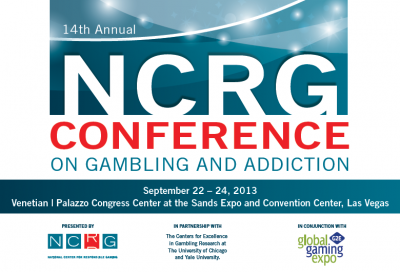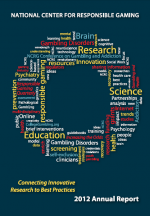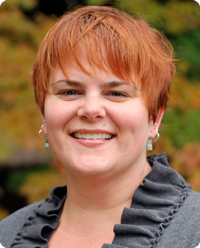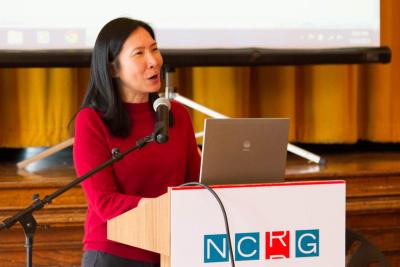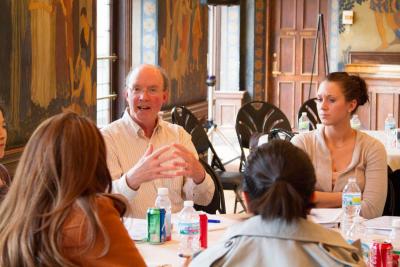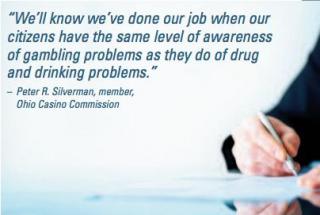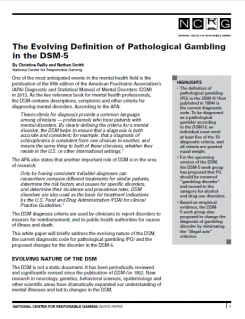
Today, the NCRG isexcited to share two new resourcesthat focus on important issues impacting the understanding, identification and treatment of gambling disorders and the development of responsible gaming strategies.
The first resource is a white paper that provides an overview of the upcoming fifth edition of theAmerican Psychiatric Association’s(APA)Diagnostic and Statistical Manual of Mental Disorders (DSM-5)and what it means for diagnosing and treating gambling disorders; the second translates the latest research on Internet gambling and its impact on gambling disorders.
The Evolving Definition of Pathological Gambling in the DSM-5
The publication ofDSM-5is one of the most anticipated events in the mental health field this year. As the primary reference book for mental health professionals, it contains descriptions, symptoms and other criteria for diagnosing mental disorders. TheDSMalso includes diagnosis criteria used by clinicians to report disorders to insurers for reimbursement and to public health authorities for causes of illness and death.
When this newest edition is released next month, a new diagnostic code will be in the hands of clinicians across the globe. And,DSM-5will incorporate several changes, including the reclassification of gambling disorders as an addiction.
In anticipation of the release ofDSM-5, the NCRG developed a white paper that provides an overview of these expected changes to gambling disorders and how they will impact our understanding, identification and treatment of the disorder and the development of responsible gaming strategies. Titled“The Evolving Definition of Pathological Gambling in the DSM-5,”and prepared by the NCRG’s Christine Reilly and Nathan Smith, this white paper addresses the evolving nature of theDSM, the current diagnostic code for pathological gambling, and the expected changes for the disorder in theDSM-5.Click hereto download the white paper.
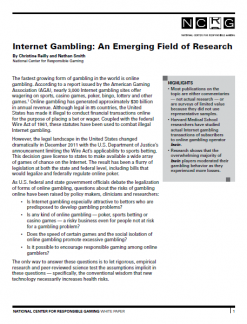
Internet Gambling: An Emerging Field of Research
While Internet gambling isn’t legal in all parts of the U.S., it is a growing form of gambling around the world and this often leads to speculation that its level of accessibility makes it more addictive than other types of gambling. The NCRG’s second white paper, titled“Internet Gambling: An Emerging Field of Research,”(prepared by Reilly) provides the latest empirical, peer-reviewed research on Internet gambling to help address many questions that have been raised as U.S. federal and state government officials debate the legalization of online gambling.
This white paper includes the most reliable research available on online gambling, and it summarizes the findings of Harvard Medical School ProfessorHoward J. Shaffer, Ph.D.,and colleagues, on this topic. It also contains research on online poker, sports betting and casino games, and includes information on online gambling among college students. Additionally, it suggests how the research can be used to develop responsible gaming strategies.Click hereto download the Internet gambling white paper.
These new publications are evidence of theNCRG’s continued commitmentto advancing the field and serving as a primary source for information on problem gambling. We hope that you will find them educational and useful, and we encourage you to share them with your colleagues.
NCRG staffICRG NewsAPADSM-5Internet gamblingresearchWhite Paper


